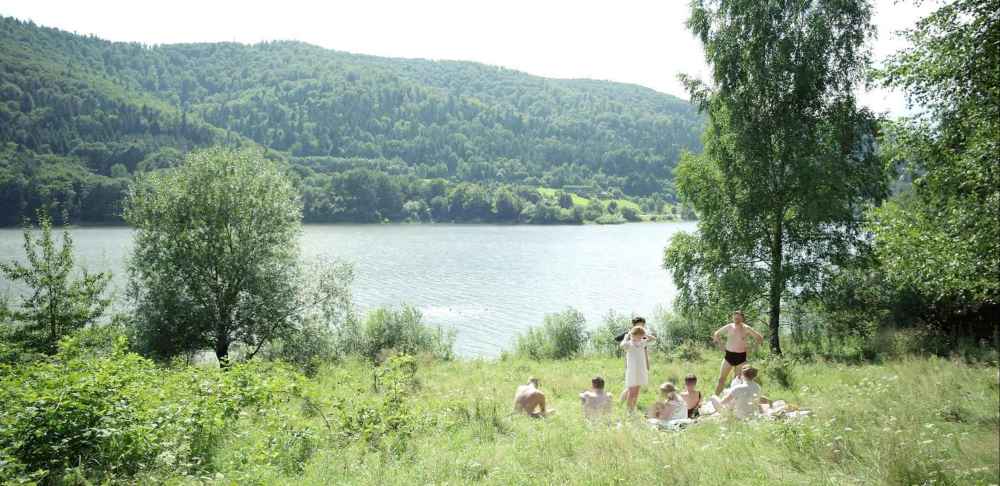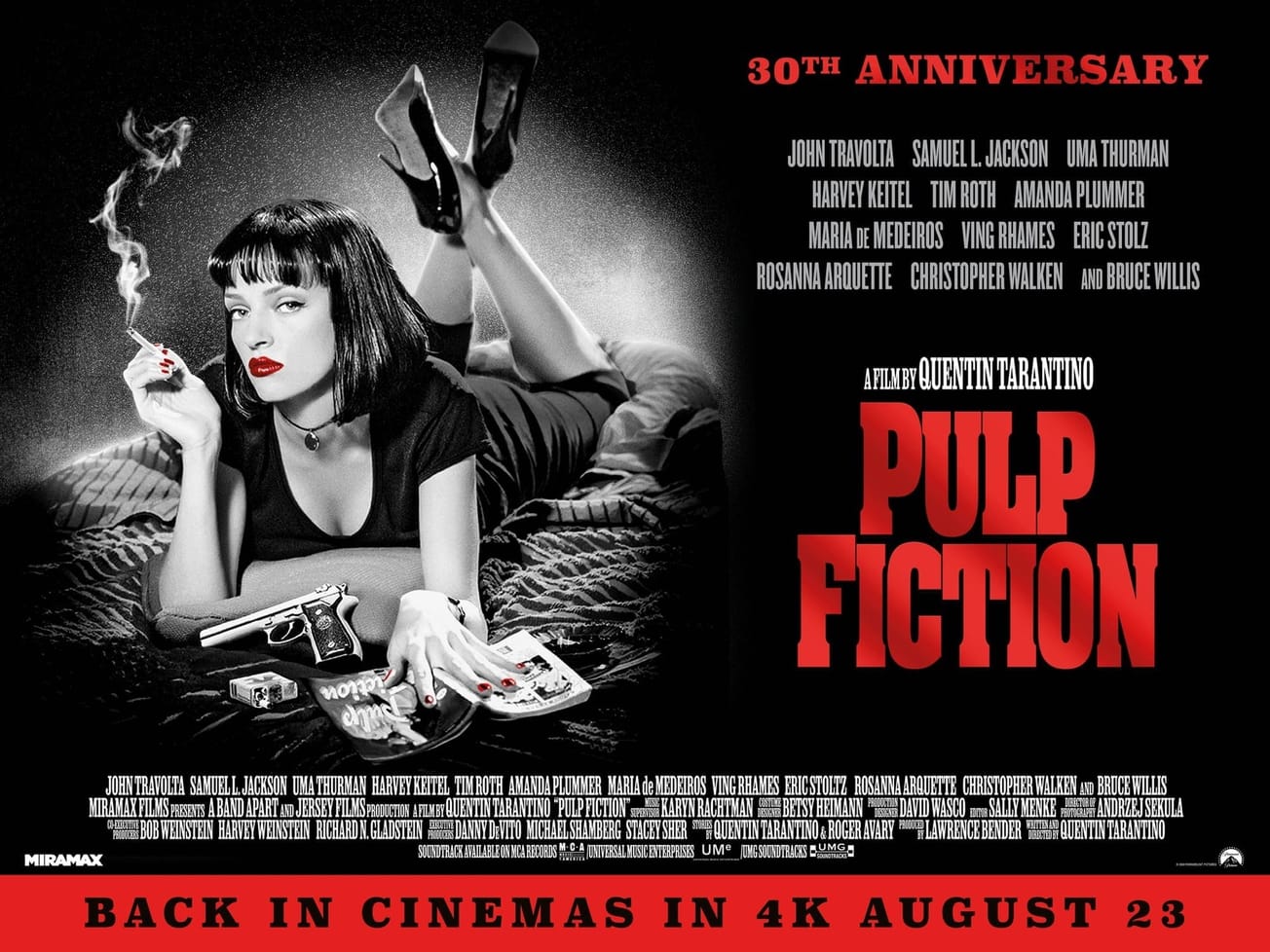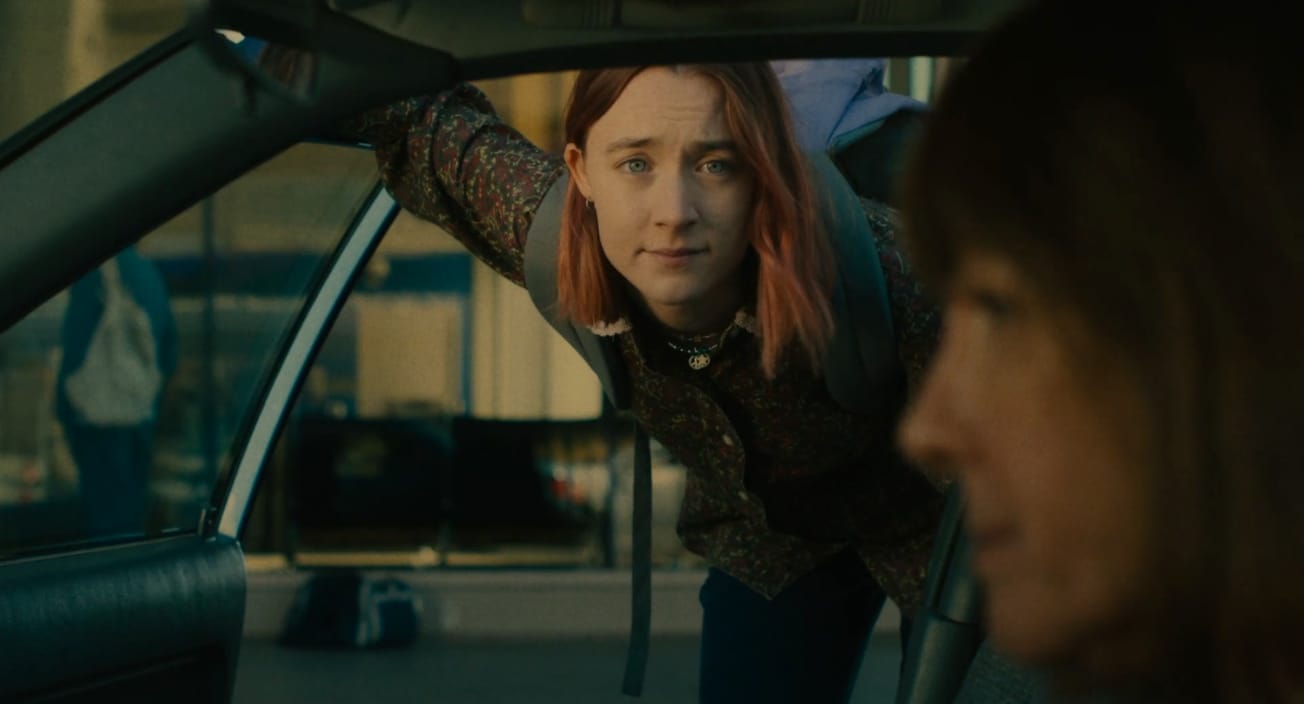By Magnus Solberg, MA, Film and Television
It is an uncommon sight for a film to dare explore the psyche of the Nazi, especially those Nazis who committed unspeakable crimes against humanity. Downfall (2004) and Operation Finale (2018) are mainstream examples of this, but neither could convey the terror felt in Jonathan Glazer’s newfound masterpiece The Zone of Interest (2023).
It follows the daily lives of the Höss family, with its patriarch Rudolf Höss acting as the commandant of Auschwitz. We never see inside Auschwitz itself, only the home the family made for themselves next door, with its idyllic flower gardens, swimming pool and the occasional guest. We also see them in the forests and rivers in the region, portraying a seemingly normal family with normal dreams and ambitions. But yet the smoke can be seen gushing out beyond the giant walls, and screaming can still be heard from the front patio. It continues as Rudolf Höss must contend with the bureaucracy of Nazi politics which threatens the family’s seemingly self-created harmony. All of this happens, whilst the horrors of the holocaust rage on right next door.
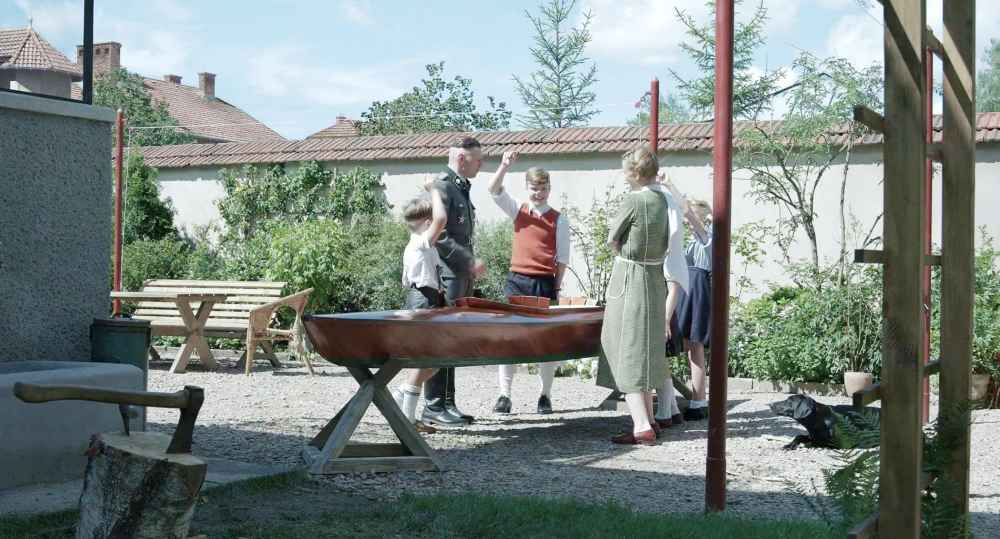
The first thing that immediately pops out when watching is how uncinematic the film is. The camera seldom moves, the colours are muted, and there is no traditional accompanying score. We have a camera that acts as surveillance, stripped of any artistic exploration beyond the characters before us. Glazer summarises this in a featurette for A24: 'There have been films about perpetrators, and a lot of those examples have shown them to be quite villainous, not us. I wanted to avoid the artifice of cinema, I wanted to look at them more forensically.' This creates an extreme amount of intimacy between ourselves and the Höss family, it’s as if we are Big Brother himself gazing in amusement at the daily lives of people who commit and are complicit in such acts of hate.
The decision to never show inside the walls of Auschwitz is a considered one as we are drip fed the horrors from inside every so often, the occasional Jewish prisoner running errands for the family, the aggressive Nazi guards having their work spill over the fence, the fumes of smoke and ash which so subtly paint the horizon a deathly shade of grey.
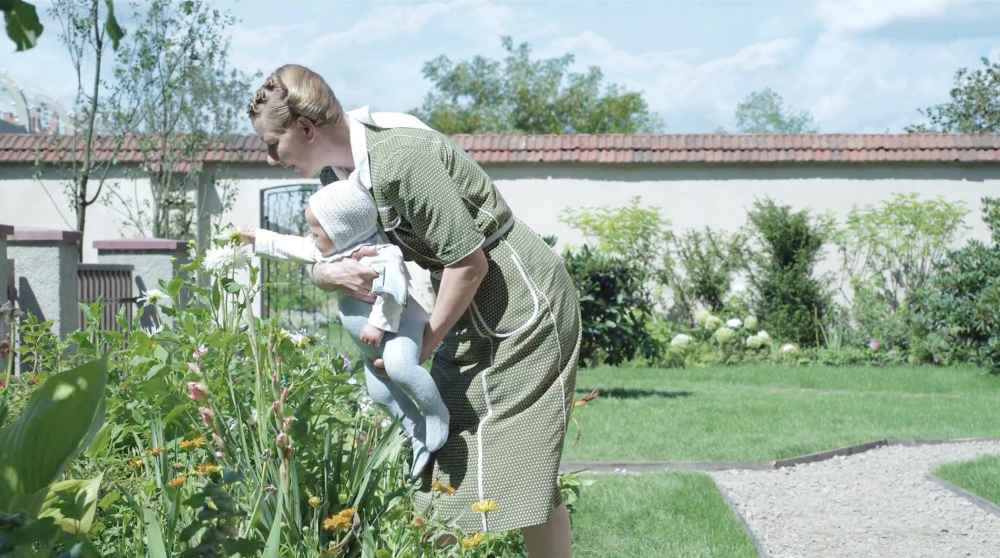
The real horror of this film comes from its impeccably terrifying sound design. Mica Levi creates a score which doesn’t resemble music, but more as deep guttural sound effects which play at key points of character development, a sound which can only be described as all the devils and demons from the deepest darkest chasms of hell, belching simultaneously. There is also the diegetic sound, as thanks to a lack of traditional score, we are spared no detail in the soundscape, from the scraping of butter on toast and the water rippling in the river to the screams from beyond the walls and the smoke chugging along. We are fully brought into the experience of living with this family, and all the moral conundrums they are so desperately dancing around.
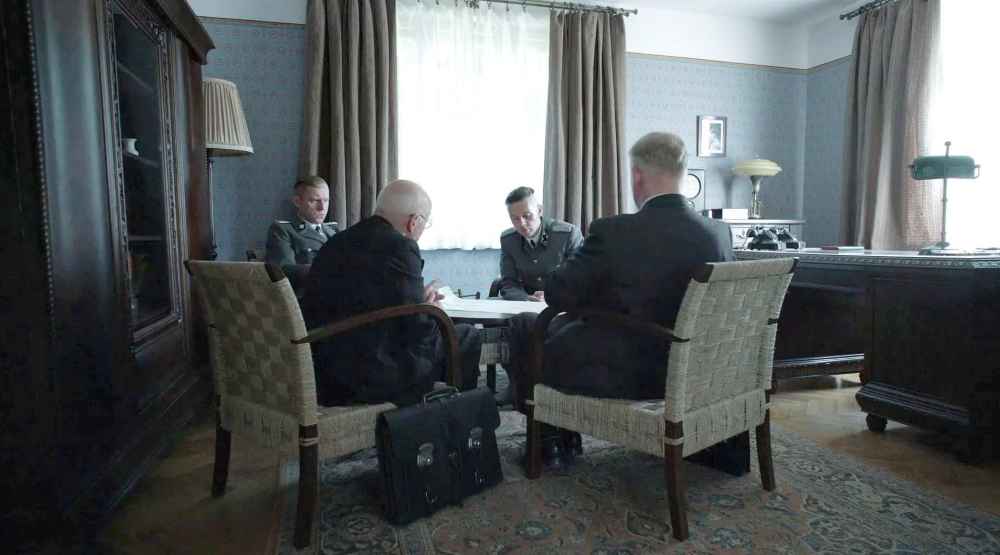
All of this creates an atmosphere which is deeply unsettling, and Glazer’s masterful command and poise as a filmmaker takes an incredibly sensitive topic easy to misrepresent grossly and captures the horrors of the Holocaust in a way no filmmaker has been able to do before. It is a film that buries itself deep into your subconscious and asks questions many are too afraid to ask.
Have you seen Zone of Interest?

